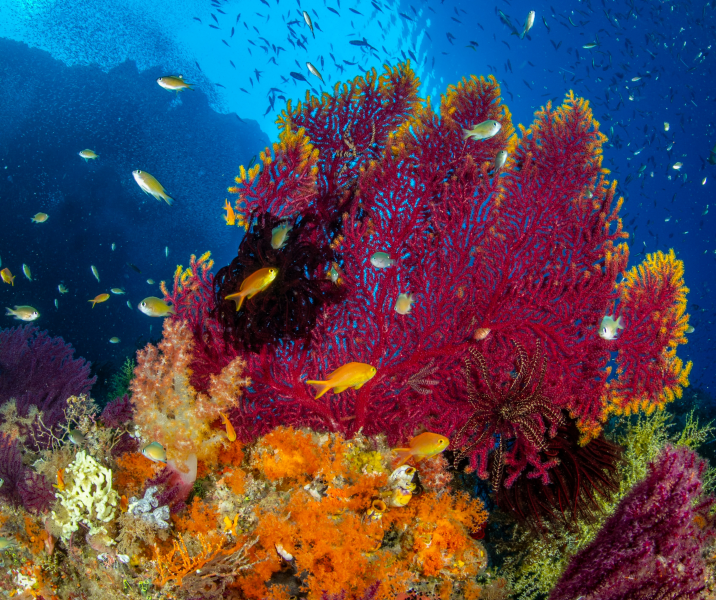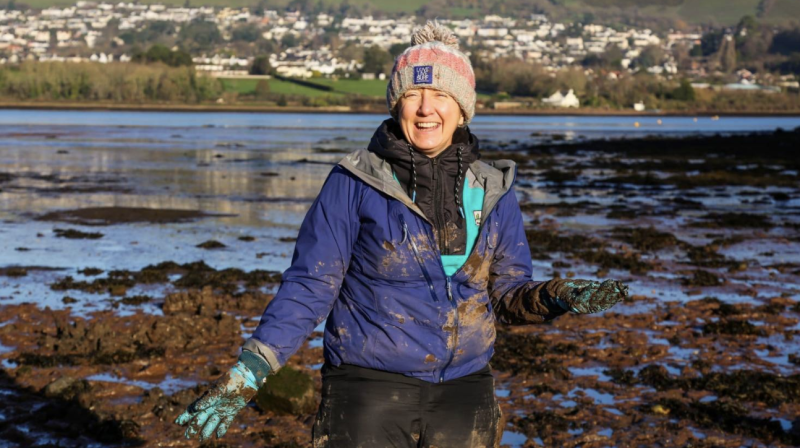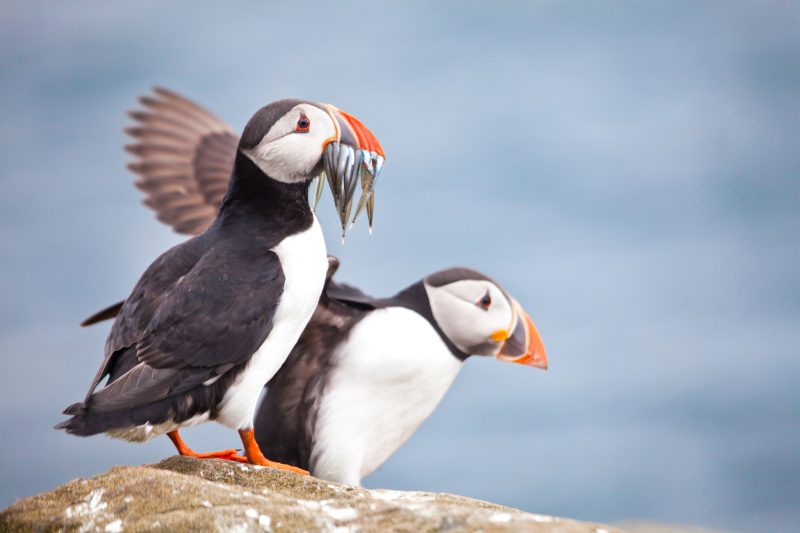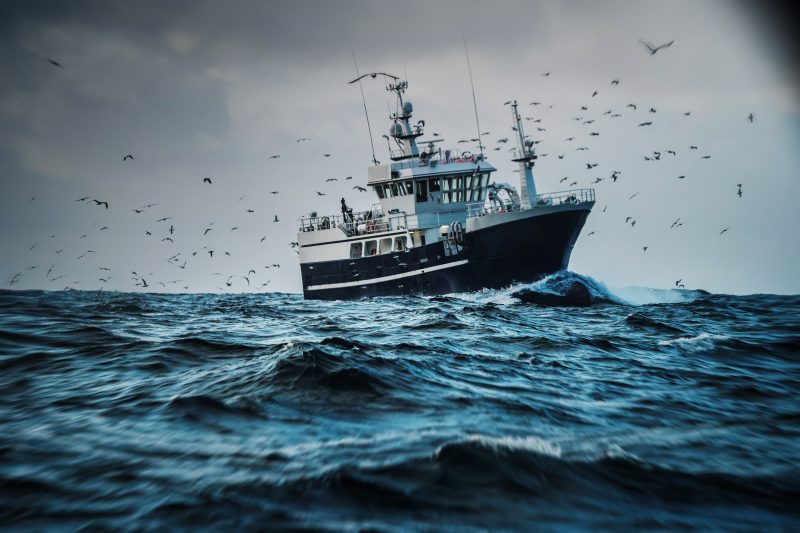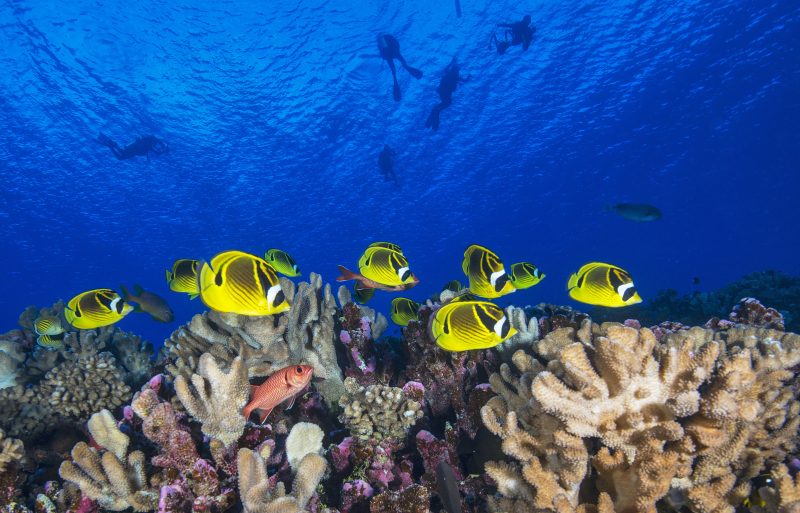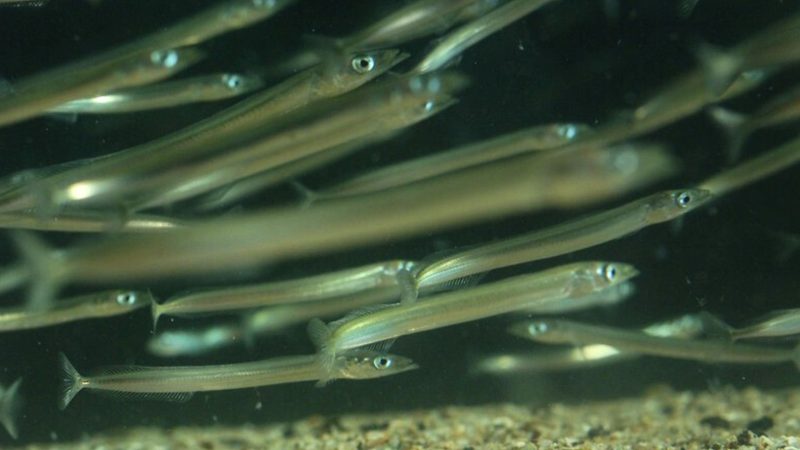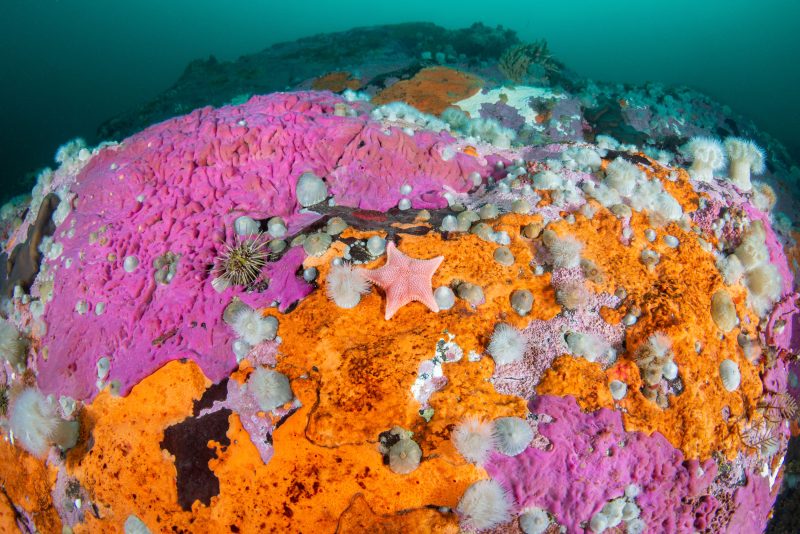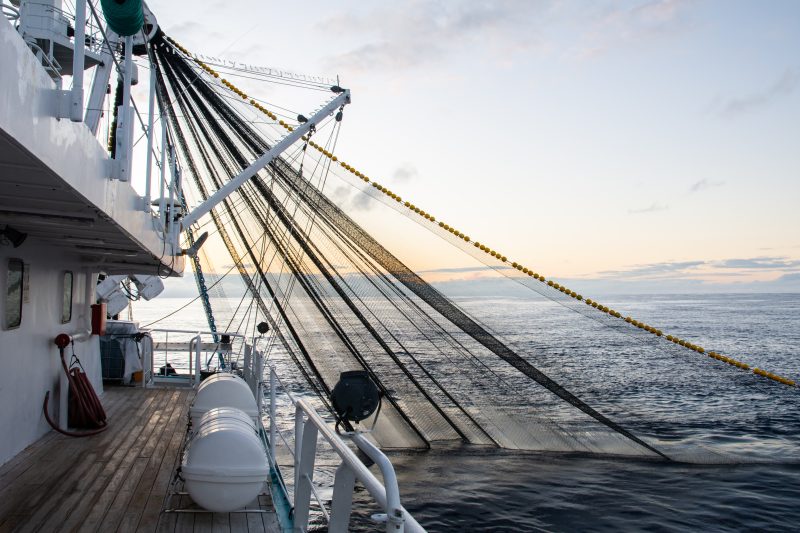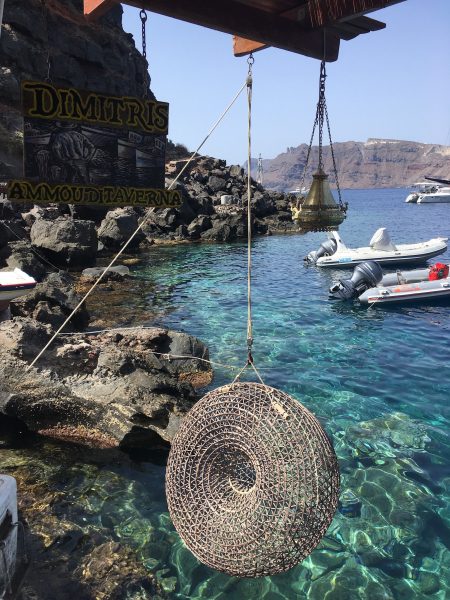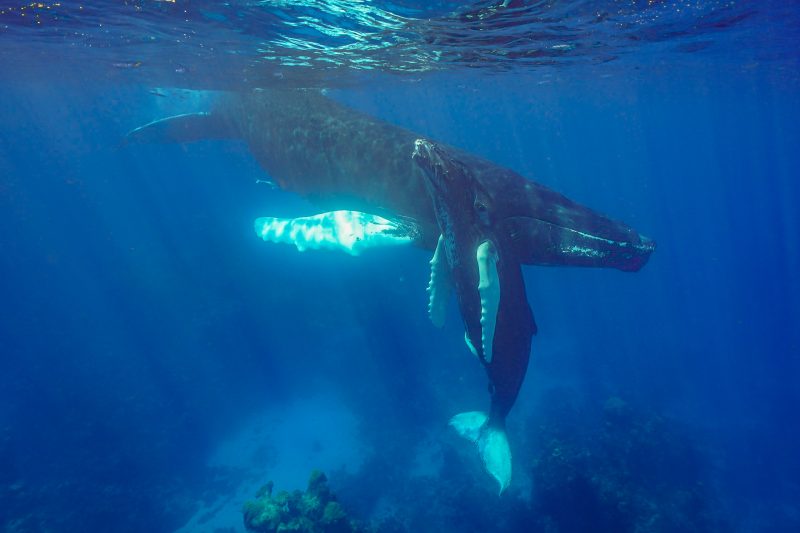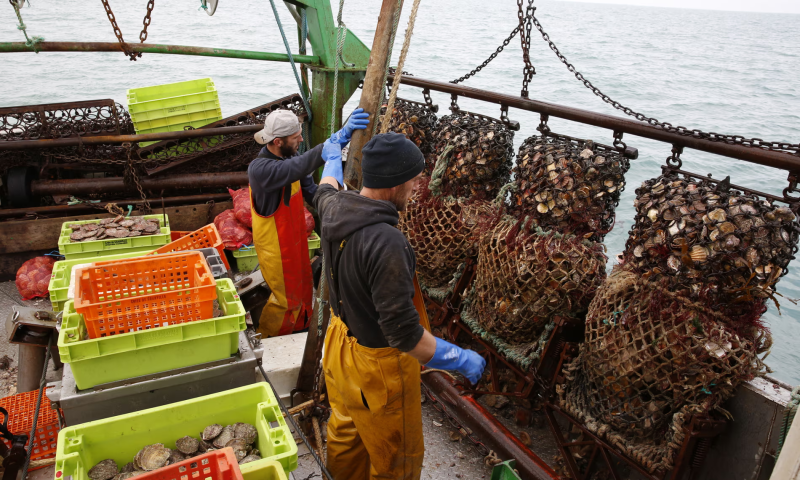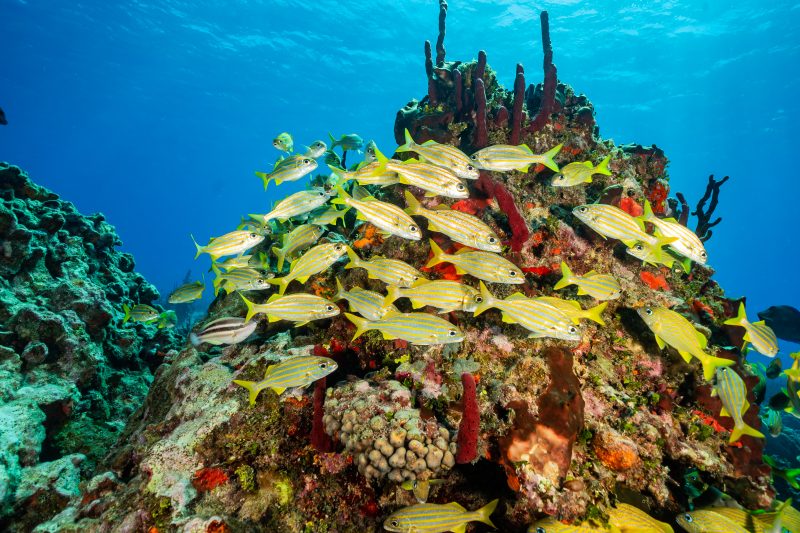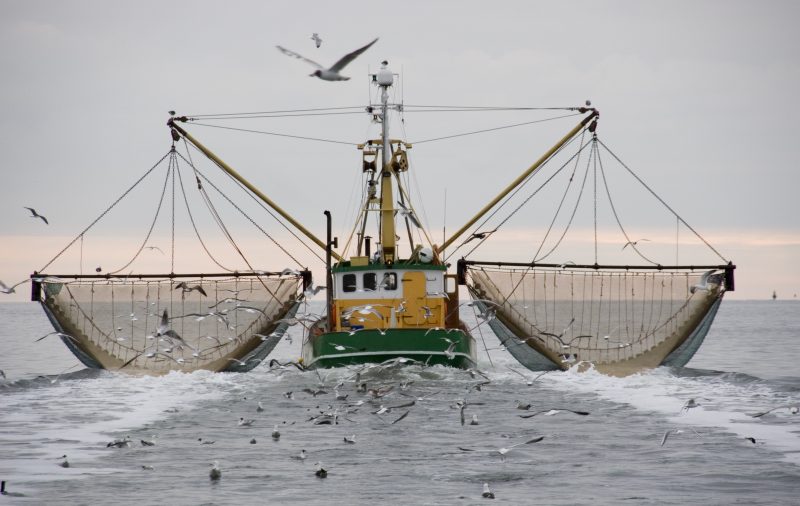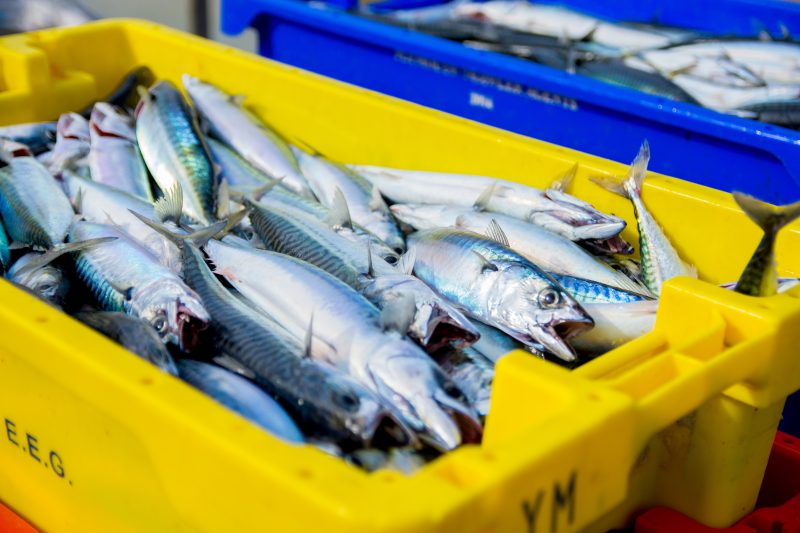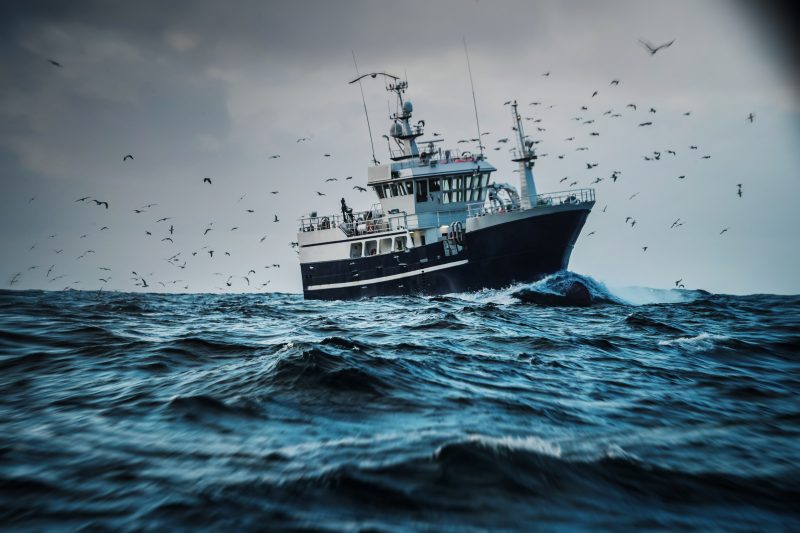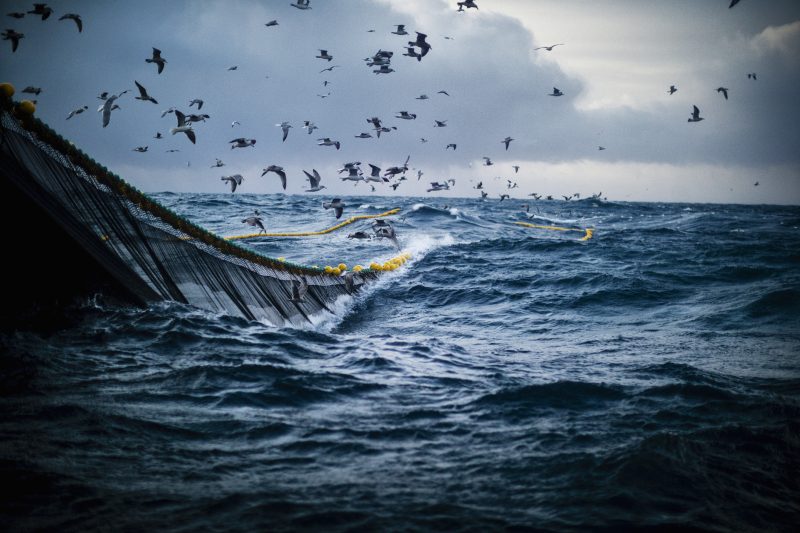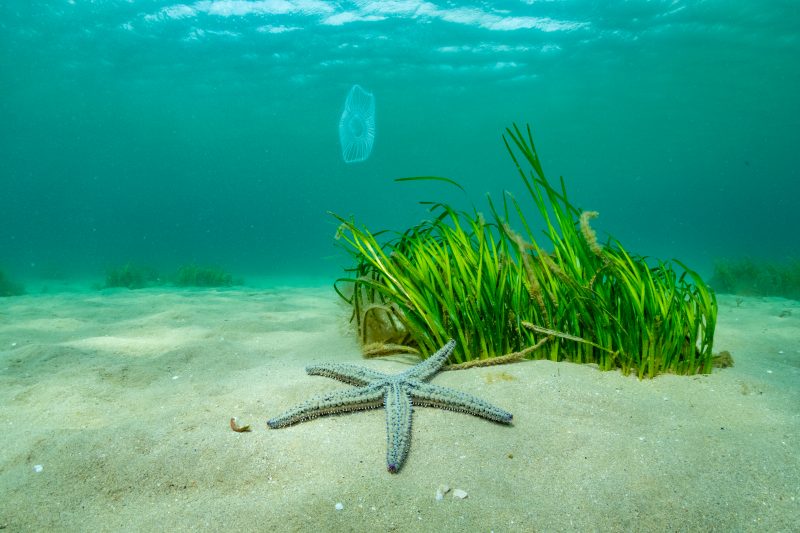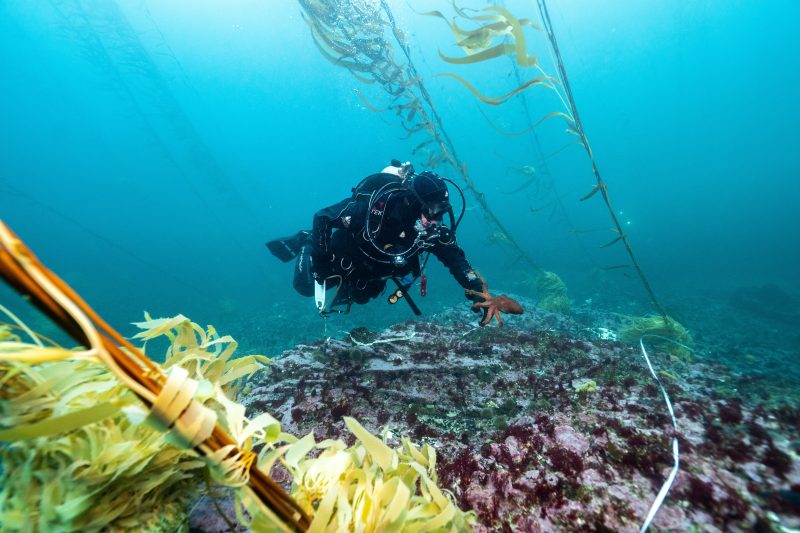Following the success of the collaboration between fishermen and conservationists in Lyme Bay, BLUE was asked to become involved in the Solent, which is home to a wealth of marine habitats and new and proposed protected areas.
It is not without challenges: the native oyster fishery, once the largest in Britain, collapsed and was closed in 2013. Oysters are filter feeders helping to purify the water so they have an ecosystem function as well as being good to eat.
There are other aspects of concern: illegal fishing for bass and Manila clam which has taken over the Solent after an ill-advised release some decades ago.
Despite all these challenges, BLUE and the Inshore Fisheries and Conservation Authority believe a significant opportunity exists to develop a shared vision among local stakeholders and deliver significant conservation wins while restoring and eventually re-configuring the management of the fishery.
In June, BLUE formed a working group consisting of representatives from around the Solent, Southern IFCA, the Marine Management Organisation, the Wildlife Trust, Environment Agency and Solent Forum.
It was decided to commission a study from MacAlister Elliott and Partners, a fisheries consultancy based locally in Lymington, on the best way of restoring the native oyster. Results of that study are eagerly awaited and we look forward to progressing its recommendations in the New Year.
BLUE is holding discussions at a far earlier stage in North Devon and the Blackwater estuary, Essex.

